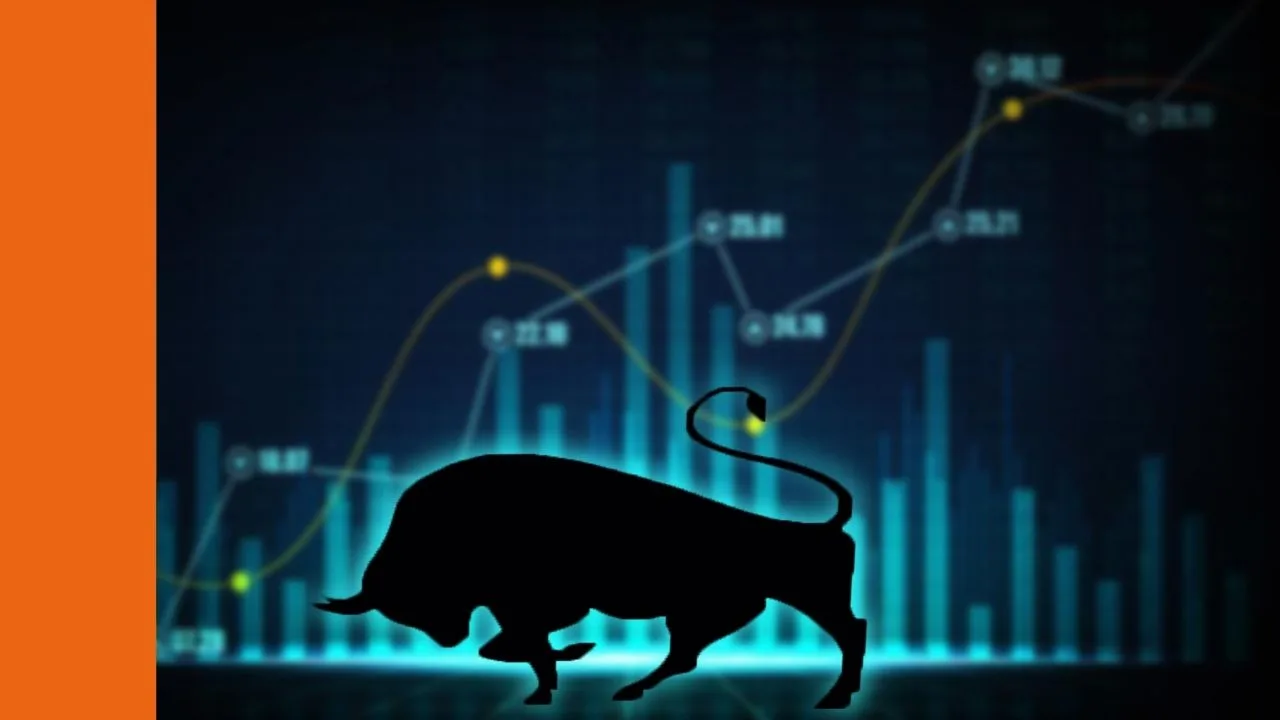COL share price in focus
Coles is a leading Australian retailer providing everyday essentials including fresh food, groceries, general merchandise, liquor, fuel and financial services. It was founded in 1914 in Victoria and still calls Melbourne its home base.
Coles was formerly owned by the listed giant Wesfarmers from 2007 until 2018, when it was spun-off and listed as its own entity on the ASX under the ticker symbol ‘COL’. Coles’ earnings are unsurprisingly dominated by the supermarket side of the business, however, it partly or fully owns and operates adjacent businesses like flybuys, Liquorland, First Choice, Vintage Cellars, Coles Express and more.
While Coles is second to Woolworths in the supermarket sector, it still controls a significant share of the Australian grocery market (about 28%). Since its listing in 2018, Coles has established itself as fairly reliable dividend payer for investors seeking income.
Since we consider Coles Group Ltd to be a blue chip stock, or a mature business, we like to look at things like return on invested capital (ROIC) and revenue growth as signs of sustainability. In FY24, Coles Group Ltd had an ROIC of 14.40% and revenue has compounded at 3.9% in recent years. Anything over 10% ROIC is pretty strong for a mature-style business, since its cost of capital is likely below that level, so Coles Group Ltd crosses this hurdle.
CAR shares
Carsales.com is an online marketplace founded in 1997 that specialises in Australian car, motorbike, and boat advertisements.
As a marketplace provider, Carsales.com aims to streamline the buying and selling process for both parties. They offer services like holding funds in escrow, to be released when both parties are satisfied with the transaction. This gives consumers and sellers peace of mind when making a large purchase.
The company has steadily grown over the last few years and begun branching out to other countries, many of which are in South America and Southeast Asia.
COL share price valuation
We would consider COL to be a ‘mature’ or ‘blue-chip’ business, so some of the metrics that could be worth considering include the debt/equity ratio, average yield, and return on equity, or ROE. These measures give us a sense of the company’s debt levels, their ability to generate returns from their assets, and their ability to consistently return profits to shareholders.
For FY24, Coles Group Ltd reported a debt/equity ratio of 278.4%, meaning the company is leveraged (it has more debt than equity). This can increase risk so it’s important that a leveraged company is generating stable returns and has sufficient cash flow to pay interest on its debts.
Over the last 5 years, COL has delivered an average dividend yield of 3.8% per year. This is important to note if you’re looking for income from your investments.
Finally, in FY24, COL reported an ROE of 32.4%. For a mature business you generally want to see an ROE of more than 10%, so COL clears this hurdle.
As a growth company, some of the trends we might consider from CAR shares include revenue growth, profit growth, and return on equity (ROE). I say ‘trends’ because it’s always important to look at these figures over a few years. The trend is much more valuable info than a single measure at one point in time.
Over the last 3 years, CAR has increased revenue at a rate of 37.0% per year to hit $1,099m in FY24. Meanwhile, net profit has increased from $m to $250m. CAR’s last reported ROE was 8.6%.
Please keep in mind that context is important – these metrics give us some indication of company performance, but it’s just the start of valuing COL or CAR shares. To learn more about valuation, check out one of our free online investing courses.









